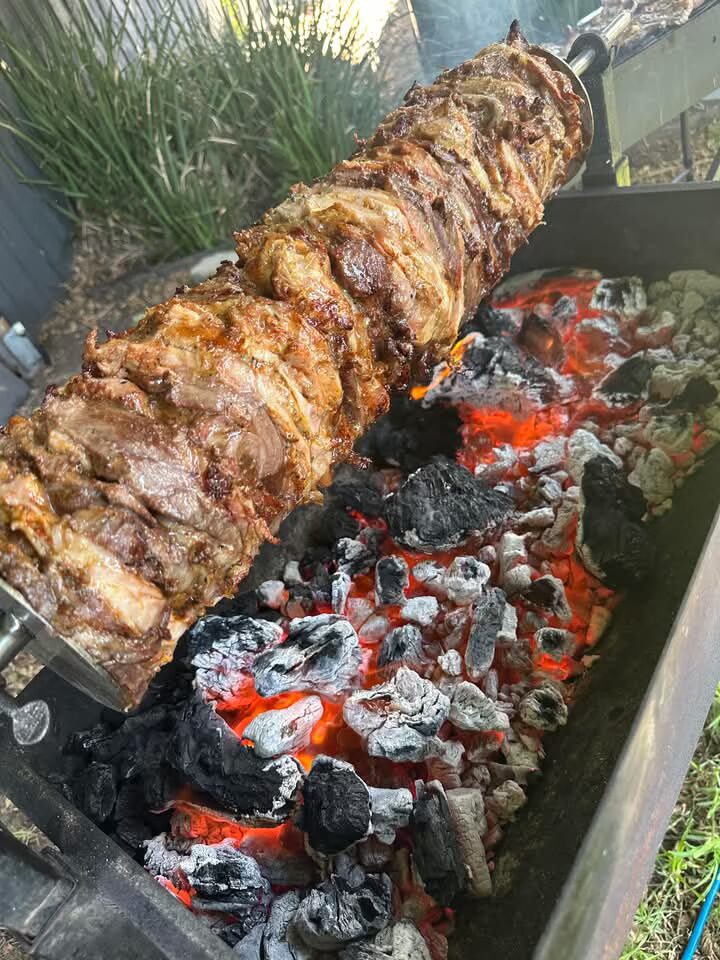The connection between Greece and Australia dates back to the mid-19th century, when the first Greek settlers arrived during the gold rush. However, the most substantial waves of Greek migration occurred in the post-World War II era, driven by economic hardship, political instability, and opportunities for a better life.
The Greek Civil War (1946-1949) and economic difficulties in Greece prompted many to seek opportunities abroad. Australia’s post-war immigration policies, which encouraged European migration to boost the labor force, provided an avenue for Greeks to settle in the country. By the 1970s, the Greek community in Australia had grown to over 160,000 people, making it one of the largest Greek diasporas in the world.
Greek migrants played a pivotal role in Australia’s economic development, particularly in industries such as construction, manufacturing, and hospitality. Many Greeks established family-run businesses, including cafes, milk bars, and restaurants, which became cultural icons in Australian cities and towns. The entrepreneurial spirit of Greek migrants helped integrate them into Australian society while preserving their cultural heritage.
Education and professional advancement also became priorities for the Greek-Australian community. Subsequent generations pursued careers in fields such as medicine, law, academia, and politics, contributing significantly to Australia’s multicultural fabric.
Greek culture remains vibrant in Australia, particularly in Melbourne, which is often referred to as the “third-largest Greek city” after Athens and Thessaloniki. The city is home to one of the largest Greek populations outside Greece and serves as a cultural hub for the diaspora.
Festivals such as the Antipodes Festival and Greek Film Festival celebrate Greek traditions, language, and arts. Greek Orthodox churches, community centers, and language schools play a vital role in preserving cultural and religious practices. Traditional Greek music, dance, and cuisine, including dishes like moussaka, souvlaki, and baklava, have become integral to Australia’s culinary landscape.
At my workplace, we have a dozen or more staff members with Greek backgrounds. I don’t mind saying that our business has exploited the Greek connection by having many of our business celebrations around traditional Greek cuisine. My work colleagues love cooking on charcoal and a normal work year for us includes at least one 25 kg gyros feast along with all of the delicious dips and snacks that come beforehand and sweet treats that follow. It’s usually an early morning start to set up the spit and get the charcoal burning at just the right temperature. The meat takes 3 to 4 hours to cook and then about the same length of time to consume around some low-impact activities such as lawn bowls. The ritual is never tiresome.
Greek migration to Australia is a testament to resilience, adaptability, and cultural pride. The contributions of Greek-Australians have enriched Australia’s multicultural society, ensuring that Greek heritage remains a dynamic and cherished part of the nation’s identity.


